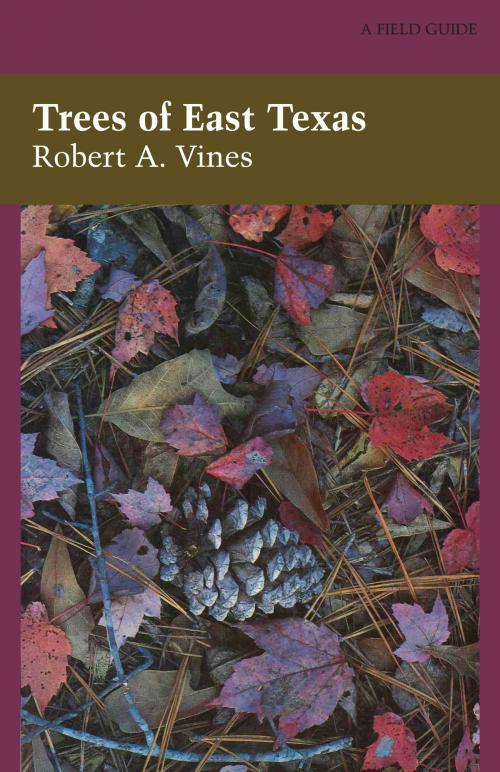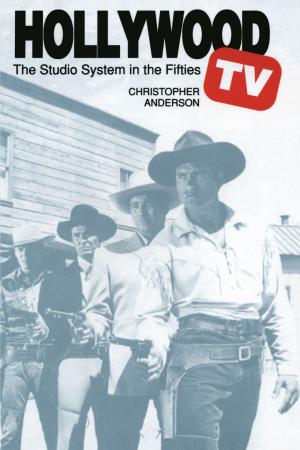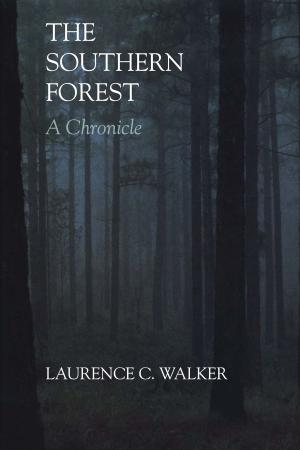| Author: | Robert A. Vines | ISBN: | 9781477306963 |
| Publisher: | University of Texas Press | Publication: | December 19, 2014 |
| Imprint: | University of Texas Press | Language: | English |
| Author: | Robert A. Vines |
| ISBN: | 9781477306963 |
| Publisher: | University of Texas Press |
| Publication: | December 19, 2014 |
| Imprint: | University of Texas Press |
| Language: | English |
This comprehensive and compact field guide covers the richest plant-life region in the state—the Upper Gulf Coast Prairie, the Post Oak Savannah, and the Pineywoods of east Texas. Eastern, northern, Gulf coast, and western Texas trees occur together in the Big Thicket area of the Pineywoods, where abundant rainfall and mild temperatures also make possible much tropical growth. Trees of East Texas is drawn from Robert A. Vines' monumental Trees, Shrubs, and Woody Vines of the Southwest (University of Texas Press, 1960). Without sacrificing the essential detail of the original work, this guide has been designed to travel info the fieldor on-the-spot identification. Meant to be carried and consulted, Trees of East Texas is conveniently organized, and virtually every description is accompanied by a finely executed illustration. This book contains new and updated information, and every native and naturalized tree in the area is identified. In addition to the technical descriptions, the author provides, in his "Remarks" sections, common names and fascinating bits of history and lore on each tree cited. The late Robert A. Vines served as director of the Houston Arboretum and Botanical Garden and of the Robert A. Vines Environmental Science Center of the Spring Branch Independent School District in Houston.
This comprehensive and compact field guide covers the richest plant-life region in the state—the Upper Gulf Coast Prairie, the Post Oak Savannah, and the Pineywoods of east Texas. Eastern, northern, Gulf coast, and western Texas trees occur together in the Big Thicket area of the Pineywoods, where abundant rainfall and mild temperatures also make possible much tropical growth. Trees of East Texas is drawn from Robert A. Vines' monumental Trees, Shrubs, and Woody Vines of the Southwest (University of Texas Press, 1960). Without sacrificing the essential detail of the original work, this guide has been designed to travel info the fieldor on-the-spot identification. Meant to be carried and consulted, Trees of East Texas is conveniently organized, and virtually every description is accompanied by a finely executed illustration. This book contains new and updated information, and every native and naturalized tree in the area is identified. In addition to the technical descriptions, the author provides, in his "Remarks" sections, common names and fascinating bits of history and lore on each tree cited. The late Robert A. Vines served as director of the Houston Arboretum and Botanical Garden and of the Robert A. Vines Environmental Science Center of the Spring Branch Independent School District in Houston.















